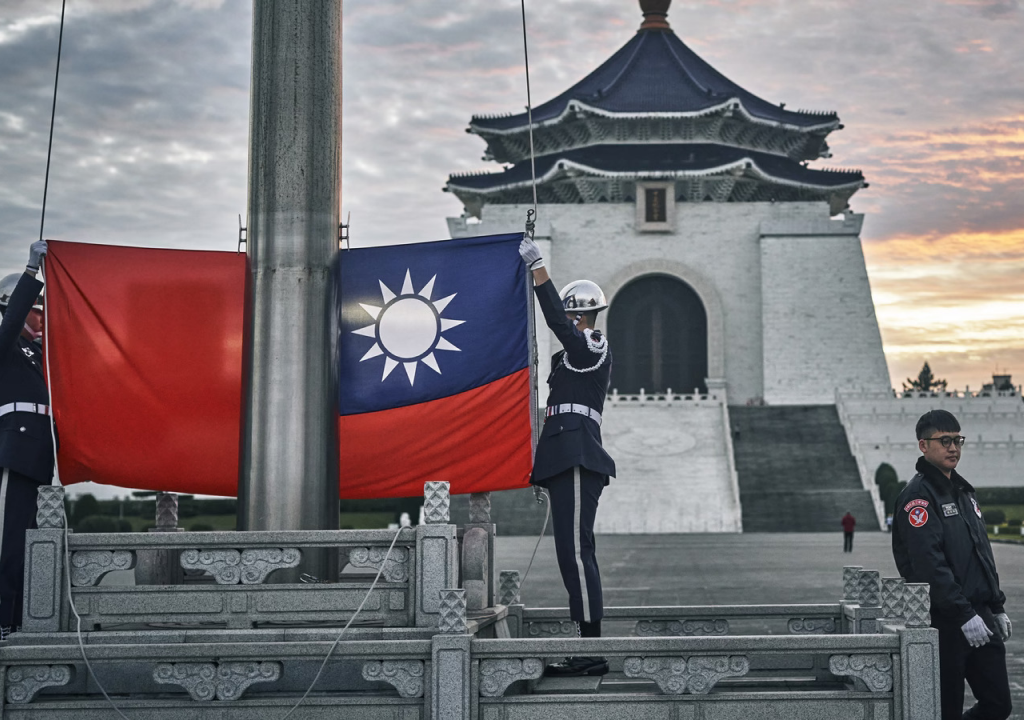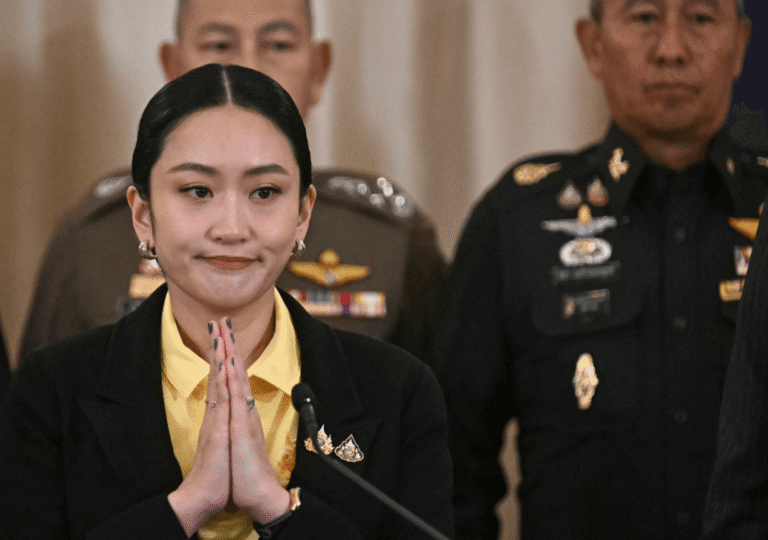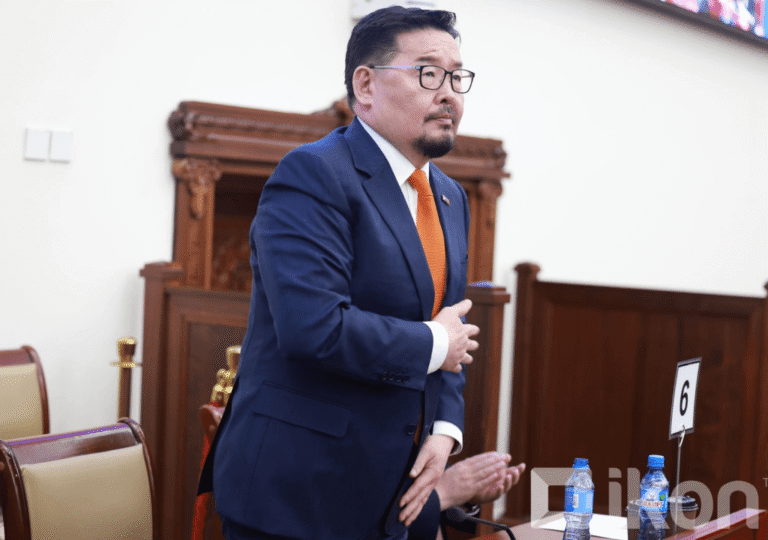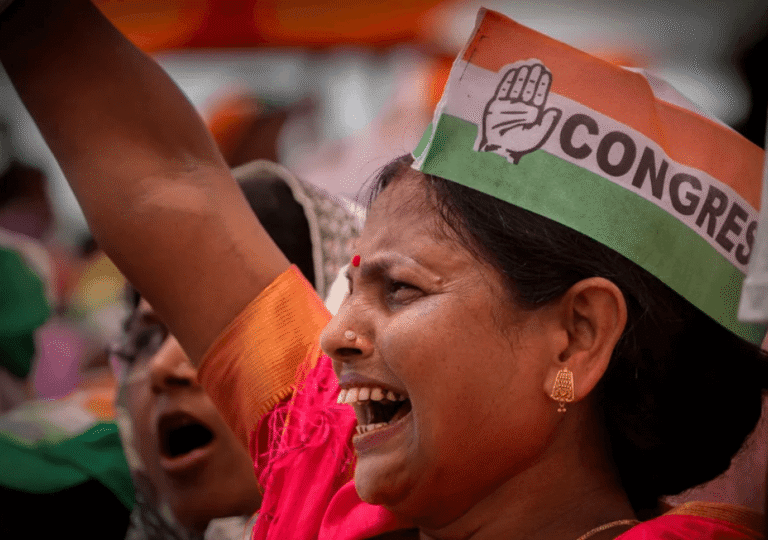Taiwan, or the Republic of China, is the “Model China” for the West, mainly because of two reasons: one is hatred towards communism, and the other is democracy. Even though the country was founded under the authoritarian leader Chiang Kai-shek, Taiwan is included in the category of full democracy and ranked 10th globally in the Economist Democracy Index, indicating that the country has one of the best democratic systems. However, the introduction of PRC-like controversial reform bills is raising concerns about democracy in the state. Inside and outside the parliament, protests are intensifying, and experts believe that, in the name of protecting the island from mainland China’s interests, and crackdown of corruption, Taiwan is becoming increasingly authoritarian.
Taiwan’s opposition-controlled parliament has passed a controversial reform bill despite heavy protests. The bill seeks to expand the legislature’s power to call on and question officials, military figures, and citizens, as well as demand documents. It is perceived as an attempt to establish complete control over people, reminiscent of the Chinese Communist Party’s laws. After days of hostile debate and physical fights between MPs inside, and mass protests by citizens outside, the bill passed in the Legislative Yuan, Taiwan’s parliament. The bill passed 58 votes to 45, after a third reading on Tuesday evening in Taipei, during which there were further scuffles and members of the ruling party threw paper planes and hurled garbage bags at the opposition.
The bills were driven by the two major opposition parties, the nationalist Kuomintang (KMT) and the populist Taiwan People’s Party (TPP), which together hold a majority in parliament after gaining ground over the ruling Democratic Progressive Party (DPP) in January’s elections. The KMT-TPP legislative majority coalition is seeking to introduce a set of powers for improved institutional checks and balances, legislative strengthening, and democratic consolidation. These powers include the power to investigate, the power of inquiry, contempt resolutions, a normalized presidential address to the legislature, and the power to confirm appointments.
When the final votes were tallied, triumphant KMT and TPP legislators waved small balloons shaped like suns. Proponents say legislative reform is needed in Taiwan for greater accountability and argue that these bills are similar to some that the ruling DPP attempted to introduce when they had a legislative majority. Remnants of over a week of hostilities and late-night deliberations, such as placards, flowers, and stacks of furniture, encircled the parliamentarians, while tens of thousands of protesters gathered outside. After the bill passed, KMT caucus whip Fu Kun-chi announced that the opposition would create a special task force to investigate alleged corruption within the DPP.
The ruling Democratic Progressive Party (DPP) told the media it would reject the new bill and the President will send it back for review, seeking a legal ruling on its constitutionality. Despite having worked on similar bills when they held a majority in parliament, Caucus Whip Ker Chien-ming stated that the bill’s content was “Absolutely Unconstitutional” and questioned the legality of the voting process. The DPP accused the opposition of using the reforms to undermine President Lai Ching-te’s administration, which was formally inaugurated last Monday. The DPP and its supporters claim that the opposition is undermining Taiwan’s democratic processes to push the bill through, Contending that the proposed law could be readily exploited to target political adversaries and disrupt the operations of Lai’s administration.
The protests are the largest Taiwan has seen since the 2014 Sunflower Movement, a time that many protesters this week referenced and drew inspiration from. Outside the building, tens of thousands of individuals congregated to protest against the bills for the third time in a week. The protest movement was named the Bluebird Movement, a name orthographically similar to Qingdao East Road, where the main protests took place. The rallies featured a full day of speakers and musical acts. Crowds surged as work and school concluded, coinciding with the passage of the bill.
With the president and the ruling party at odds with the opposition-majority parliament, ongoing conflicts are expected to persist, posing a significant challenge for newly inaugurated President Lai. He must navigate political adversaries in the parliament while also addressing China’s threats to annex Taiwan. However, it is evident that such bills, whether proposed by the DPP or the opposition alliance, will weaken Taiwan’s democratic system. Without a robust democracy, there will be little difference between Taiwan and Mainland China.








